Comprehensive Guide to Minimise Unexpected Car Repair Costs

Car repairs can be a big cost for car owners. But, there are ways to lower these costs. By being proactive and making smart choices, you can spend less on repairs without reducing quality. This guide will show you how. We'll cover tips like regular maintenance, easy DIY fixes, learning about your car, going to independent shops, and more.
Key steps include prioritising regular maintenance to catch issues early and stop them growing into big problems. If you can, do simple repairs and maintenance yourself. Choosing an independent shop can save you money because they often charge less. Before picking a repair shop, get quotes from a few places. Check the prices and make an informed choice. Always look for good parts that are not too expensive.

Prioritise Regular Maintenance
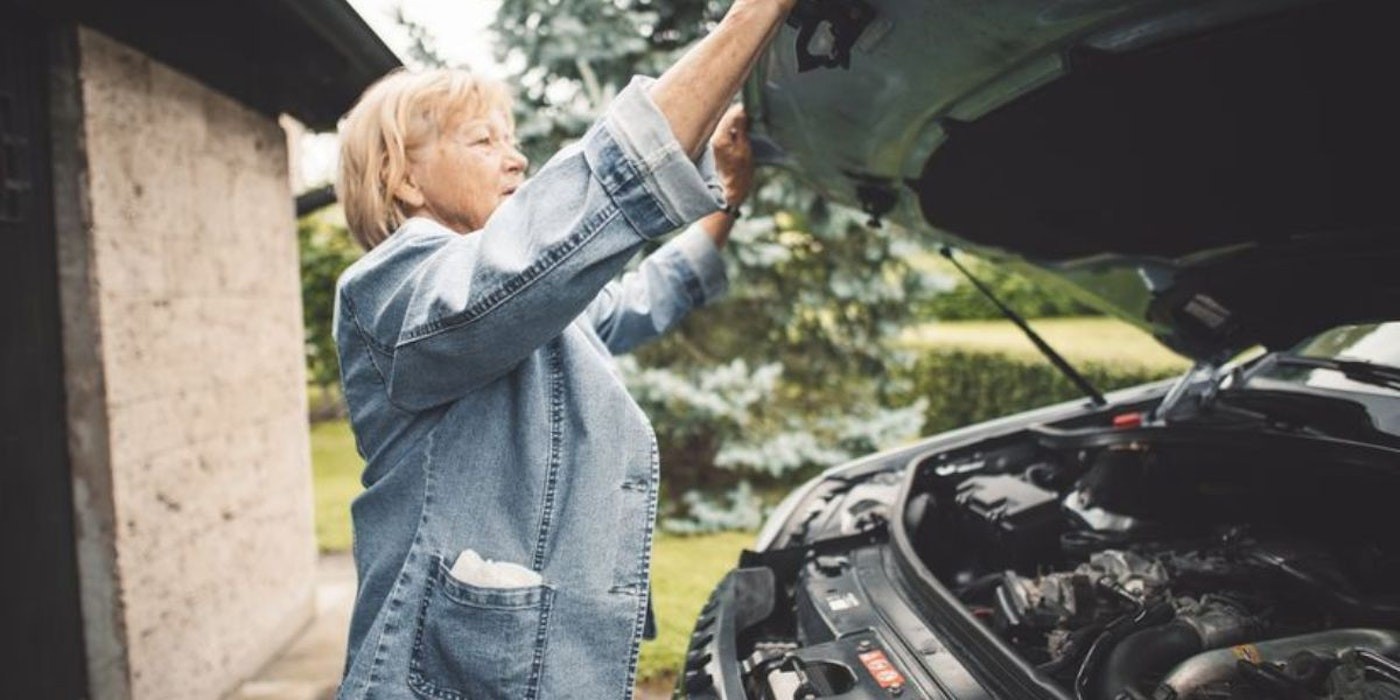
Regular maintenance can save you money and keep your vehicle running smoothly. By following the manufacturer’s recommended maintenance schedule for your vehicle make and model, you can catch problems early and avoid the cost of repairs that could strain your budget. Important tasks like changing the oil, replacing filters, and checking fluids should not be overlooked.
Sticking to a routine maintenance plan helps protect your car from the wear and tear of daily use. Monthly car check-ups can reduce the likelihood of unexpected expenses and minor repairs. For instance, inspecting your vehicle regularly can help you identify potential belt issues before they leave you stranded, or spot a damaged windshield that needs replacement.
Setting aside extra cash for repairs and funding vehicle maintenance can help manage costs without relying on a car repair credit card. If you have a low credit score, finding a credit card with a competitive interest rate or asking nearby friends and neighbors for recommendations on trustworthy mechanics can save you money.
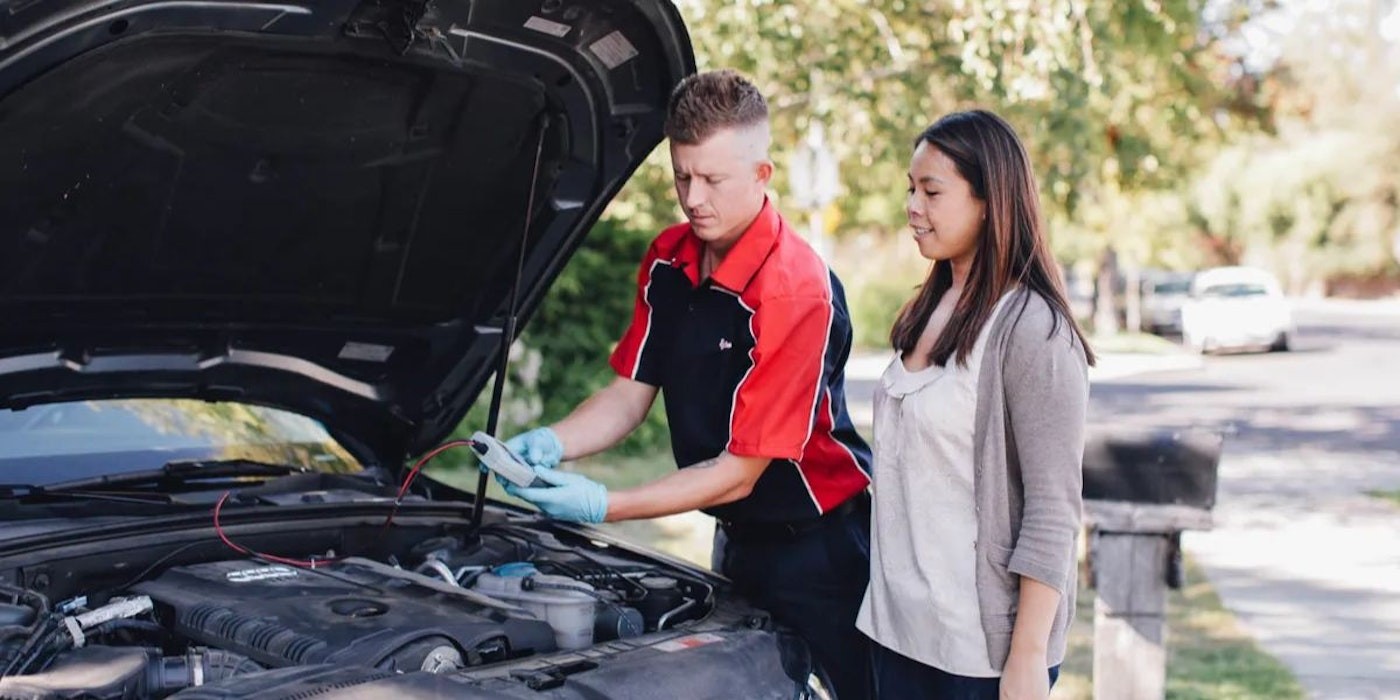
Responsible driving habits, such as avoiding aggressive driving and adhering to traffic laws, can also reduce fuel expenses and the likelihood of traffic tickets. These practices, combined with regular maintenance, can extend the life of your car and prevent costly issues like accessory belt failure or taillight malfunctions.
By keeping up with small repairs and regular maintenance, you might be surprised at how much you can save over time. A professional technician can help inspect your vehicle and ensure it follows the original equipment manufacturer's guidelines. Additionally, you may be able to find discounts and deals on necessary services, helping you stay within this year's finances.
If your car does need repairs, consider setting aside money for these costs to avoid relying on credit. Maintaining a budget for car expenses, including potential windshield replacement or a new battery, can keep you prepared. In case your policy renews, it's wise to ask for recommendations and check for any changes that might affect your coverage.
Preventive Care
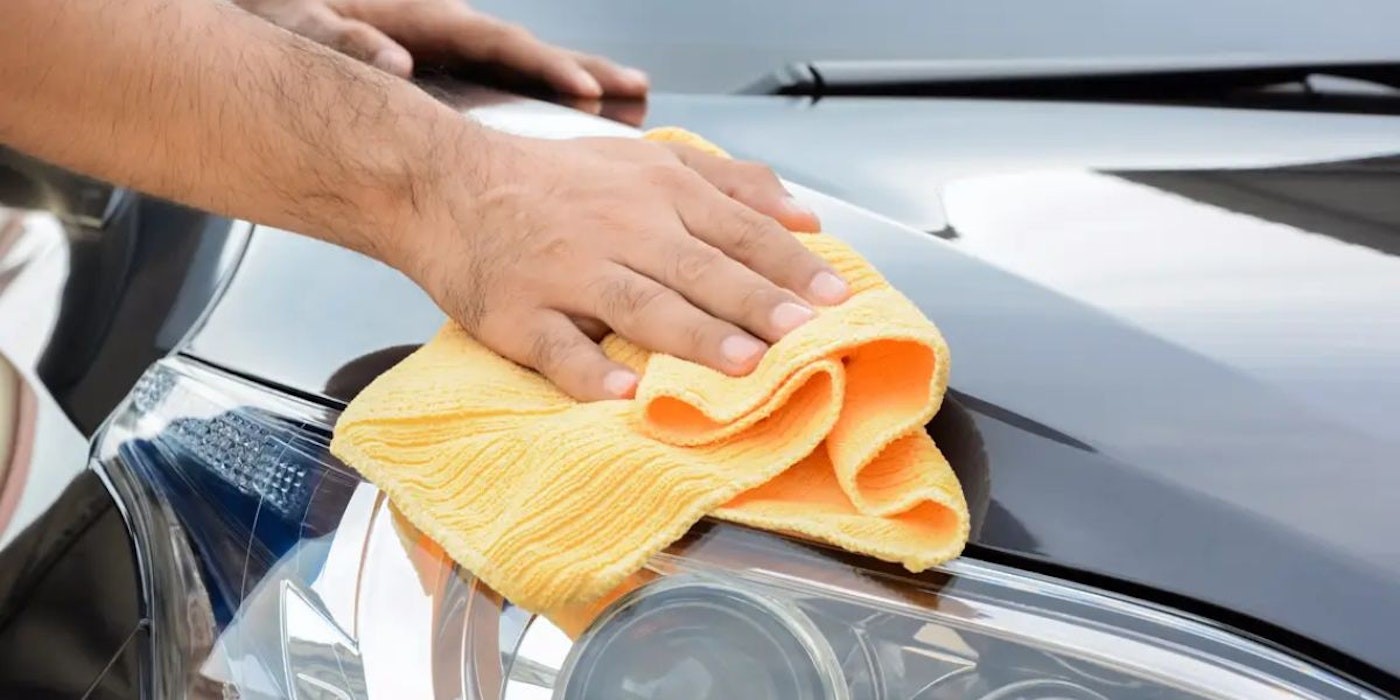
Preventive care goes beyond just oil changes. Make sure your wheels are aligned right, rotate tires, and change brake pads when needed. These steps avoid major problems before they start, saving you time and cash. With careful maintenance, you can steer clear of surprise breakdowns and pricey fixes.
- Keep your vehicle aligned to ensure even tire wear and optimal performance.
- Regularly rotate your tires to promote even wear and extend their lifespan.
- Replace worn-out brake pads to maintain reliable braking performance and prevent damage to the braking system.
Doing these checks and replacements on the regular keeps your vehicle in great shape. It makes unexpected breakdowns less likely. Plus, it's a good way to keep up with any warranty you might have.
Thinking ahead with your car's care helps a lot. It boosts your vehicle's health and cuts repair expenses in the future. Stick to the maintenance plan. Do the preventative steps. You'll ensure your car is both dependable and economical over time.
Finally, responsible habits and regular maintenance can save money, reduce stress, and keep you on the road without unexpected hiccups. So take a deep breath, inspect your vehicle, and enjoy peace of mind knowing that you're well-prepared for whatever the road may bring.
Consider DIY Repairs for Simple Tasks
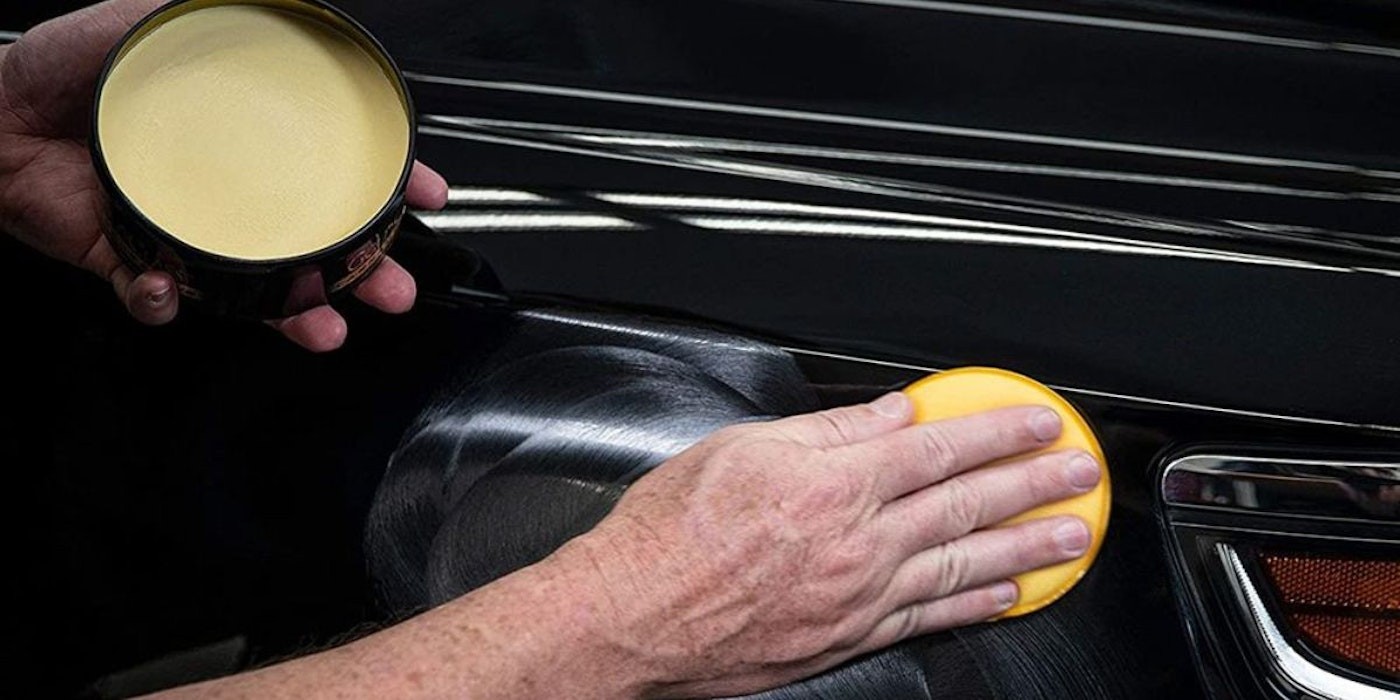
Want to save money and feel proud? Try fixing things yourself. Things like changing wiper blades, replacing bulbs, or even air filter replacements are not too hard.
Feeling lost? No worries. Many online tutorials, repair manuals, and instructional videos can help. They show step-by-step how to do lots of repairs. Just be sure to follow them closely to learn the basic skills needed.
But, be careful. Some fixes might need special tools or skills you don't have. If something feels too risky, get a pro's advice. Safety first always.
Choose an Independent Repair Shop
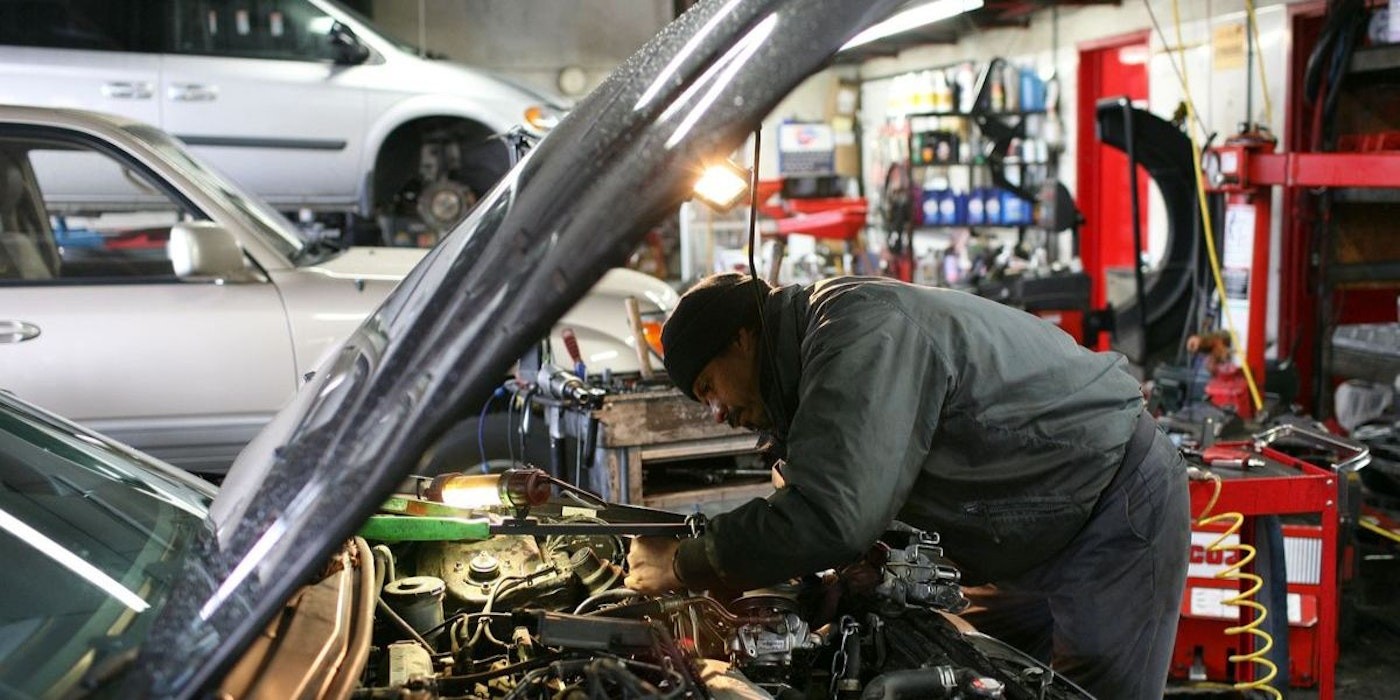
Choosing an independent repair shop for your car has many benefits. These shops usually charge less for their services than dealerships do. You get the same skilled work for a lower cost.
Independents charge less because they have fewer big costs. They don't need a big showroom and other fancy things like dealers do. This helps keep the repair prices down for you.
Doing your homework is key when picking an independent shop. Look for ones with a good reputation and happy customers. Reviews from other people can show you what to expect.
Getting recommendations from people you trust is also smart. Friends, family, and online car forums can point you to a good shop. They might know a place that's great for your car's brand.
Get Multiple Quotes and Shop for Quality Parts
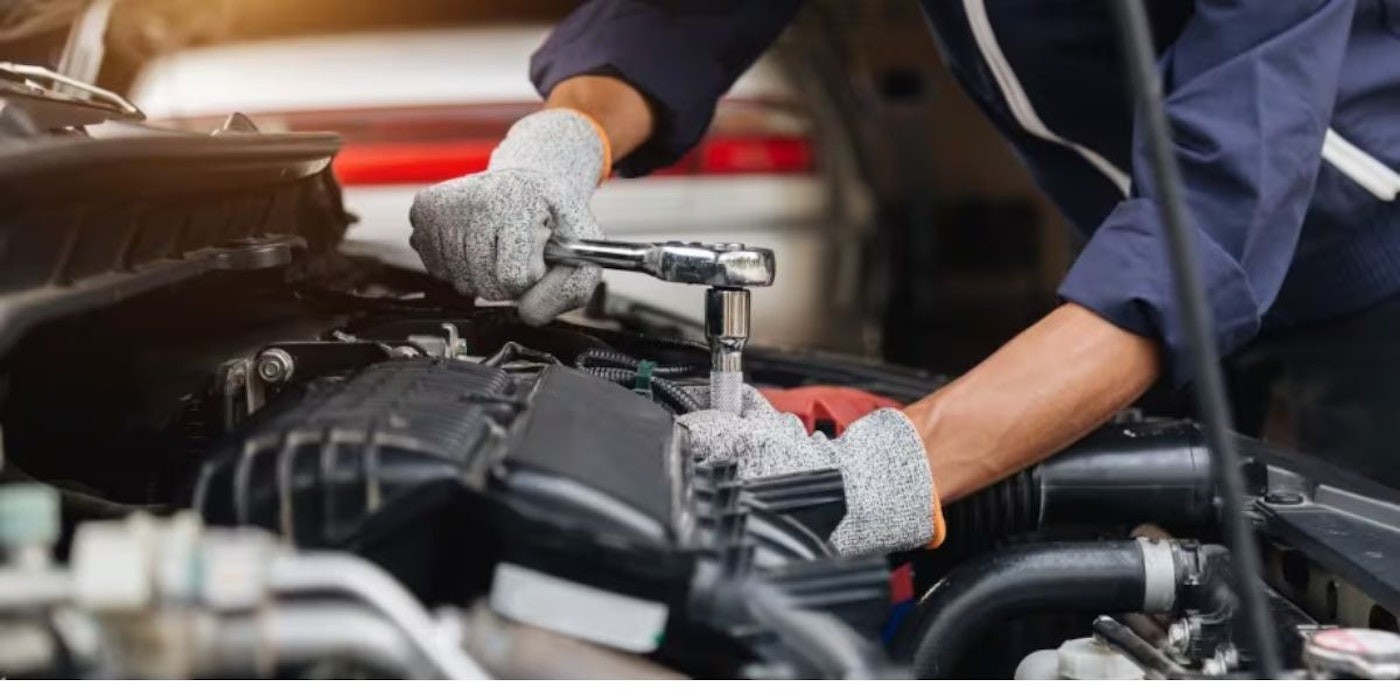
When you need a car repair, don't choose the first quote you get. It's smart to compare prices from different shops. This will help you find the best deal on services and parts.
When you ask for a quote, explain the issue clearly. This makes sure the estimates are accurate. Also, ask for a detail of what the costs cover, like labour and parts.
Consider the quality of the parts for your repair. OEM parts match your car perfectly but they are more expensive. Aftermarket parts, on the other hand, offer decent quality at a lower price.
It's important to work closely with your mechanic on part choices. They will take into account your budget and how long you want the fix to last. This way, you both can choose the best parts for your car.
Conclusion
To avoid costly car repairs, stay on top of maintenance and make smart choices. Regular upkeep and simple repairs done at home can save a lot. Consider opting for independent mechanics and shop around for quotes. This way, you find quality parts at better prices. And drive safely to cut down on sudden fixes.
Regular checks help catch problems early. Solving minor issues by yourself, using guides, saves on service charges. It’s good for your wallet. Plus, finding an independent repair shop can be cheaper because they have less overhead. Always compare prices and look for good parts to get the best deal.
Drive responsibly to avoid accidents and the costs they bring. By taking care of your car and using these tips, you can lessen the blow of repair bills. This puts less strain on your finances over time.
How Driva Can Help You Finance Your Next Vehicle Purchase
Driva can help you finance your next vehicle purchase by offering various options to cover expenses such as car maintenance, maintenance and repair, and unexpected repair costs. Many car owners struggle with the financial burden of costly repairs and find it challenging to afford car repairs on top of their other car expenses. By budgeting for car maintenance and utilising regularly scheduled maintenance services, you can potentially save money in the long run by avoiding emergency and unexpected repair costs. It's important to consider using services like Driva to help you budget for car maintenance and potential car repair expenses that may arise.
Frequently Asked Questions
How can proper car maintenance help minimise unexpected repair costs?
Regular maintenance tasks such as oil changes, brake inspections, and tune-ups can help identify issues early on, preventing more costly repairs down the line.
How much should I budget for car maintenance and repairs?
It is recommended to set aside at least 1-2% of your car's value annually for maintenance and repair expenses. If your car is older or has higher mileage, you may need to budget more.
What are some tips to afford car repairs on a tight budget?
Look for discounts, consider using a credit card designed for car repairs, or explore car repair financing options offered by some auto repair shops.
How can I protect my car from unexpected repair costs?
Stay on top of regular maintenance services, address small repairs promptly, and consider setting up an emergency fund or savings account specifically for car-related expenses.
Is it possible to minimise out-of-pocket repair costs by selling the car or getting a car loan?
Selling the car or taking out a car loan may be options to cover repair costs, but it's important to weigh the pros and cons and consider how much you owe on the car vs. its current value.
Can I ask a friend or family member for cash to cover car repairs?
While borrowing money from loved ones may be an option, make sure to communicate clearly about repayment terms and any expectations to avoid strain on your relationships.
How do I know if I have enough saved for unexpected car repair expenses?
Consider the age and condition of your vehicle, typical repair costs for your make and model, and any warranties or insurance coverage you have in place to assess your readiness for unforeseen repairs.


.png)







